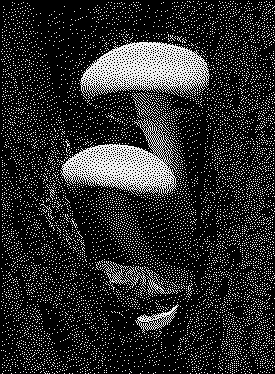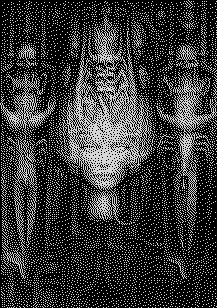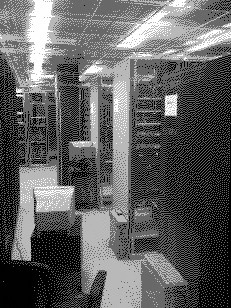The Small Web Is A Small Web
24 September 2024
The web we know is spun by gluttonous spiders no longer satiated by flies and roaches. They cast their net wide across the world, like cuckoos they lay their parasitic eggs inside our lives. They fondle our brains until our DNA is infested with algorithms, our ribcages become mainframes and our eyes turn into screens.
No more.The spores are already sprouting, recycling the decaying corporate internet into binary compost. My only goal is to help you feed the fungi, should you wish.
Welcome to the small web.

Mushroom caps on tree, Daniel, 2024.
The Lovecraftian Internet
The internet is incomprehensively massive. As of publication, conservative estimates claim at least 4.2 billion indexed webpages.1 Indexed, in this context, means publicly accessible individual webpages that can be found on a search engine because web crawlers can reach them. This is known as the surface web.
The figure doesn't account for the rest of the internet: private resources hidden behind firewalls, internal webpages and services, e-mail traffic, IoT devices, direct messages, video game servers, media & file storage, just to name a few. These are all part of the deep web: the portion of the internet that cannot be indexed by search engines.
No one knows the true size of the deep web. It's impossible to even guess. According to the BBC,2 the "big four" store at least 1.2 million terrabytes of data; and this article is likely outdated (considering it refers to "Meta" as "Facebook"). So even before we consider the fairly recent eruption of AI and the sprawling datasets and models that came with it, that's already 9.6 x 1018 bits of data. That's more ones and zeros than grains of sand on Earth.3
The internet is a Lovecraftian entity in scale, tangibility, and perceptibility. Clearly, this web was not spun by an itsy-bitsy spider.
...
So what if the internet is big? Why should we care?
The Web Is Unfree
(Body section on how the modern internet is mostly corporate, impersonal, and its users do not have ownership over their own data.)
- Examples of how corporations monopolize the web
- Data ownership, power dynamics between users and service providers

